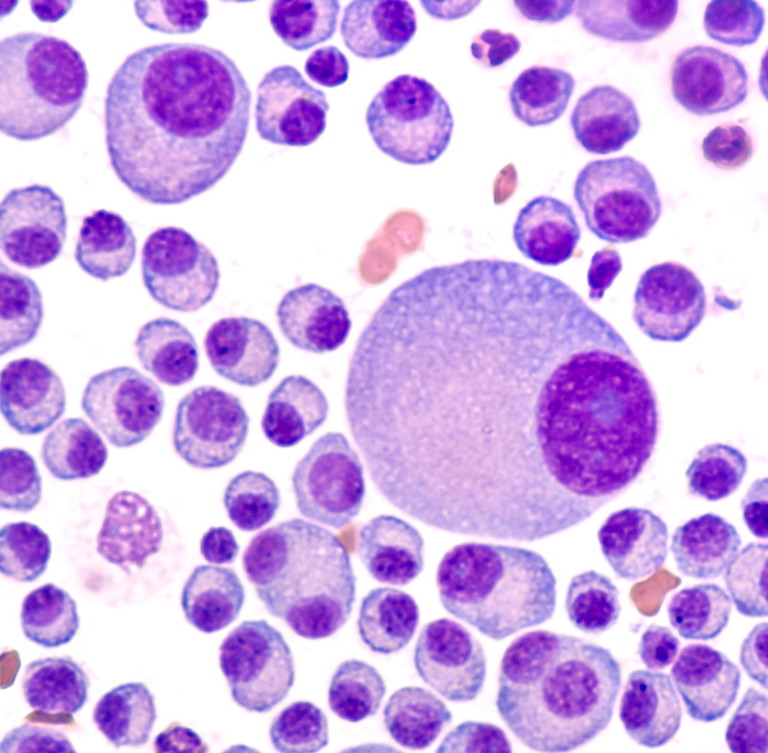Clinical Trials
Johnson & Johnson’s Darzalex gains boost over conventional chemotherapy
Johnson & Johnson’s Darzalex (daratumumab) could help patients with newly diagnosed multiple myeloma (NDMM) approach normal life expectancy without their disease progressing.
New data analysis found Darzalex treatment led to progression-free survival (PFS) rates that were significantly longer compared with conventional bortezomib, lenalidomide and dexamethasone (VRd) chemotherapy.

The analysis modelled long-term PFS in transplant eligible (TE) and transplant ineligible (TIE) NDMM patients treated with Darzalex subcutaneous (SC) therapy in combination with VRd, with PFS projected to be 17 years.
Pieter Sonneveld, head of the department of haematology at Erasmus University Medical Center, said: “This data reinforces the critical role of transplant with [Darzalex] maintenance therapy to achieve the best possible outcomes for patients.”
The data for the analysis was drawn from Johnson’s PERSEUS and CEPHEUS trials, which studied the safety and efficacy of Darzalex compared to VRd regimens. In PERSEUS, Darzalex VRd plus Darzalex SC and lenalidomide (DR) maintenance led to a reduction in risk of progression or death by 58% versus VRd and lenalidomide. Furthermore, the CEPHEUS showed that Darzalex-VRd resulted in a 43% reduction versus VRd.
Edmond Chan, head of haematology at Johnson & Johnson, said: “Patients receiving [Darzalex] VRd could potentially remain progression free and offer them hope of living an average life expectancy.” He added that the data “cements [Darzalex] as a transformative, frontline therapy, regardless of transplant eligibility”.